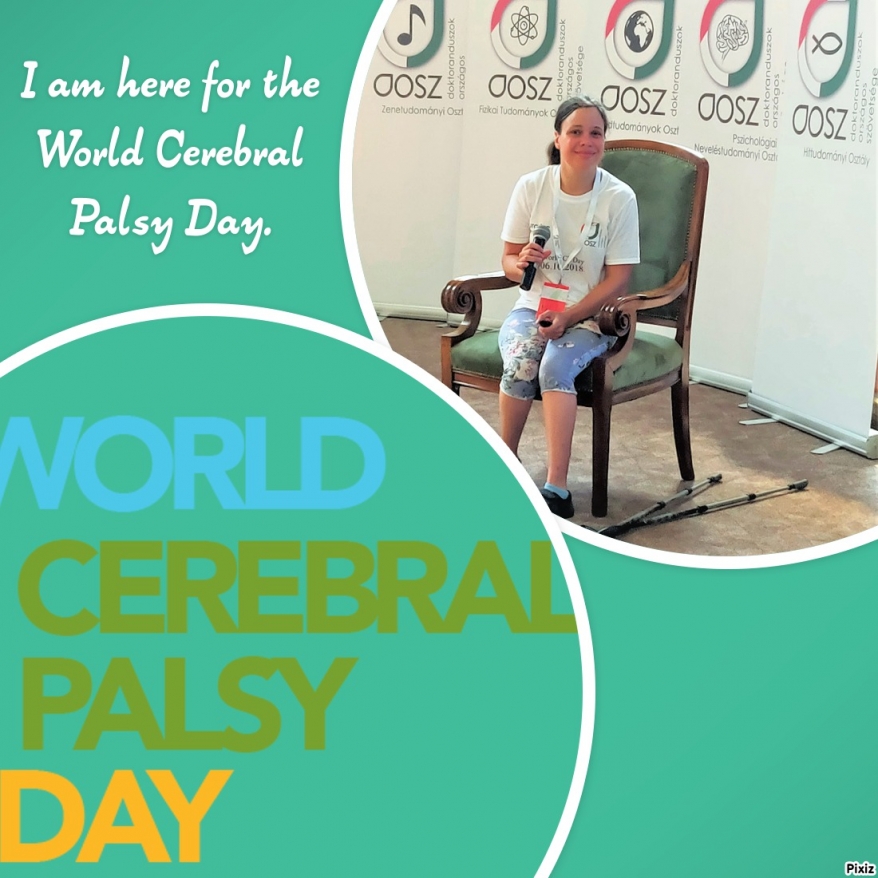Eurodoc’s mission is to represent and consolidate the community of doctoral candidates and junior researchers in Europe in their pursuit of a decent professional life. The Equality Working Group of the organization addresses equality issues in general, including equality issues related to disabled persons. Despite the fact that education is a universal human right, being denied access to school is common to 93 million children with disabilities in the world. In some of the world’s poorest countries, up to 95% of children with disabilities are out of school. A combination of discrimination, lack of training in inclusive teaching methods among teachers, and a straightforward lack of disabled accessible schools leave this group uniquely vulnerable [1]. Therefore, for the above listed reasons only a few of them are able to go to higher education and even less are able to apply for and complete a PhD successfully. This is the cause why education and helping young scholars with disabilities are so important for Eurodoc.
Cerebral Palsy (CP) is a group of permanent disorders of the development of movement and posture, causing activity limitation, that are attributed to non-progressive disturbances that occurred in the developing fetal or infant brain. The motor disorders of cerebral palsy are often accompanied by disturbances of sensation, perception, cognition, communication, and behavior, by epilepsy, and by secondary musculoskeletal problems (Figure 2) [2]. The first part of the name of these disorders refers to the cerebellum which is one of the movement centers of the brain, the other world “palsy” means weakness or loss of function. The motor centers (the cerebellum, the motor cortex and the basal ganglia) are injured at the early stage of the developing brain. In relation to education, people with CP are experiencing daily limitations in oral and written communication. These barriers are the following: to maintain an appropriate posture for writing, to grasp and control a writing tool, to stabilize the work with the assisting hand and to form recognizable letters, finally to write at speed and for long periods. Difficulties with motor control will lead to limitations in pencil control. They may need adaptations to manage a task with the computer. For many of them it is difficult to use the keyboard and the mouse because their fine motor skills are less developed, therefore they may need to interface their computer with devices such as joystick, speech technology or head mouse.
World Cerebral Palsy Day is a movement of people with cerebral palsy, their families, and the organizations that support them, in more than 65 countries. The vision of the movement is to ensure that children and adults with cerebral palsy have the same rights, access and opportunities as anyone else in our society. The campaign has six key issues including education and this year is celebrated on Saturday 6th October 2018.
Adrienn Oravecz
Coordinator of Equality Working Group
References:
[1] https://www.globalcitizen.org/en/content/10-barriers-to-education-around-the-world-2/
[2] Oravecz, A. (2017) International extension of Conductive Education, Tavaszi Szél / Spring Wind III, Budapest, Doktoranduszok Országos Szövetsége, pp. 240-250.
[3] Rosenbaum P., Rosenbloom L. (2012). Cerebral Palsy: From Diagnosis to Adult Life Mac Keith Press, London.


